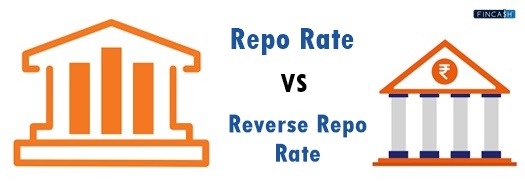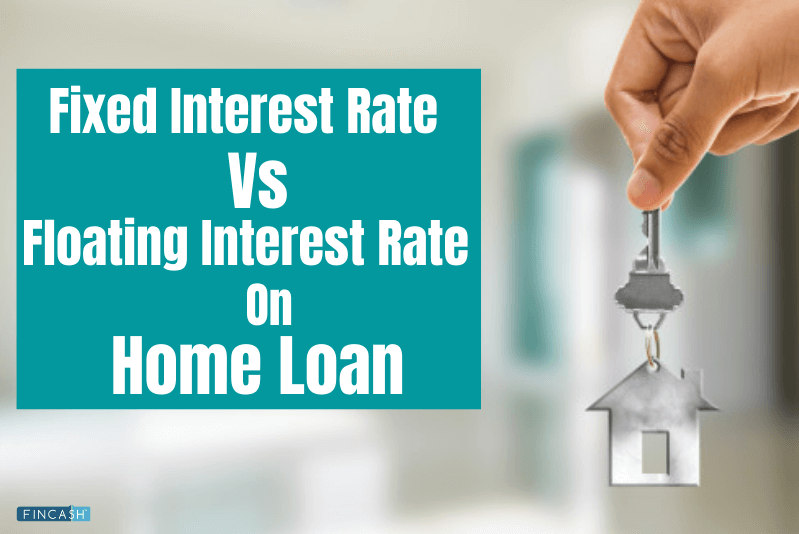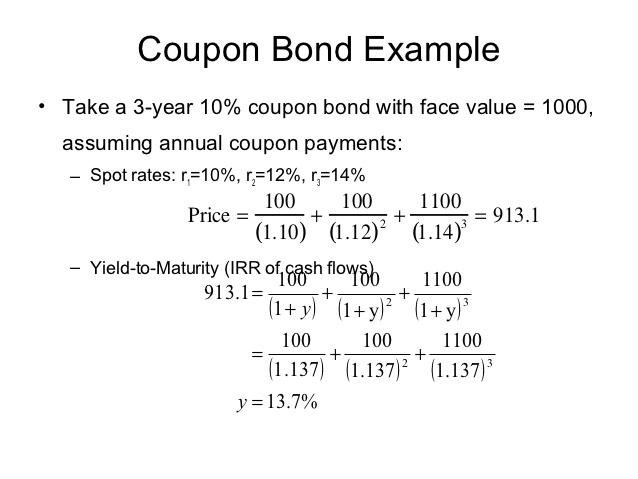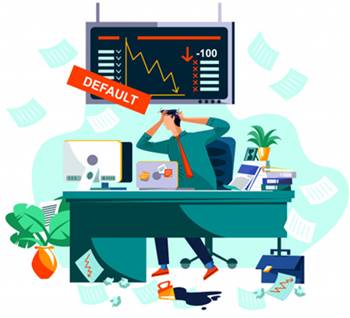What is the Recovery Rate?
Recovery rate is the term used to define the total amount that can be recovered from the loan defaults. In other words, it is the principal amount and accrued interest that the lender could recover from the borrower that has gone bankrupt.

The recovery rate tells the amount the borrower can pay when they are unable to make the full loan payments. The higher the recovery rate, the better it is for the lender. In addition to the loan defaults, the recovery rate is commonly used for account Receivables Default.
Factors Affecting Recovery Rate
The recovery rate is lower during the economic Recession. That’s because the low profits and continuous losses make it nearly impossible for businesses and individuals to repay the debt in full. Poor economic condition is the primary cause of the low recovery rate. Similarly, a strong Economy will enable businesses to generate high profits. They will be able to repay the loans faster.
Another Factor that has a direct impact on the recovery rate is unpredictable business issues. For instance, if the short circuit at the office burns the building down, it will result in significant losses. The recovery rate is also used to determine the total loss the lender is likely to bear in the case of loan default. For example, if the recovery rate for the loan given to a company is 70%, then the loss the lender might encounter will be 30%. That means if the lender gives a loan worth 10 Lakhs to the borrower, then they could suffer a loss of 3 Lakhs.
Recovery rates can differ depending on the borrowers. Macroeconomic conditions and some business issues can affect the recovery rate. The amount of equity, credibility, and instrument types are some of the common factors that influence the recovery rate. The company that has borrowed substantial loans from different banks and credit unions has low recovery rates than those with limited debt. If there is a deep recession in the economy, then many companies could default on the loans. The debt recovery rate in the normal economic condition is fair.
Talk to our investment specialist
How to Calculate Recovery Rate?
Recovery rate is mostly used in the lending Industry. It is calculated based on the amount the lender has given to the borrower and the amount that could be recovered if the company were to go bankrupt. It is important for businesses and lenders to calculate the recovery rate and apply it to all kinds of credit transactions before accepting the loan requests.
This will help prevent the credit defaults. Besides, the recovery rate is extensively used for deciding the loan terms and conditions. If the lender is accepting the loan application that has a low recovery rate, they might increase the interest on this loan or reduce the payment cycle. You can calculate the recovery rate of the borrower by dividing the amount the borrower has repaid in the given period by the amount you lent. Based on this, you can set the loan terms for future credits.
All efforts have been made to ensure the information provided here is accurate. However, no guarantees are made regarding correctness of data. Please verify with scheme information document before making any investment.












